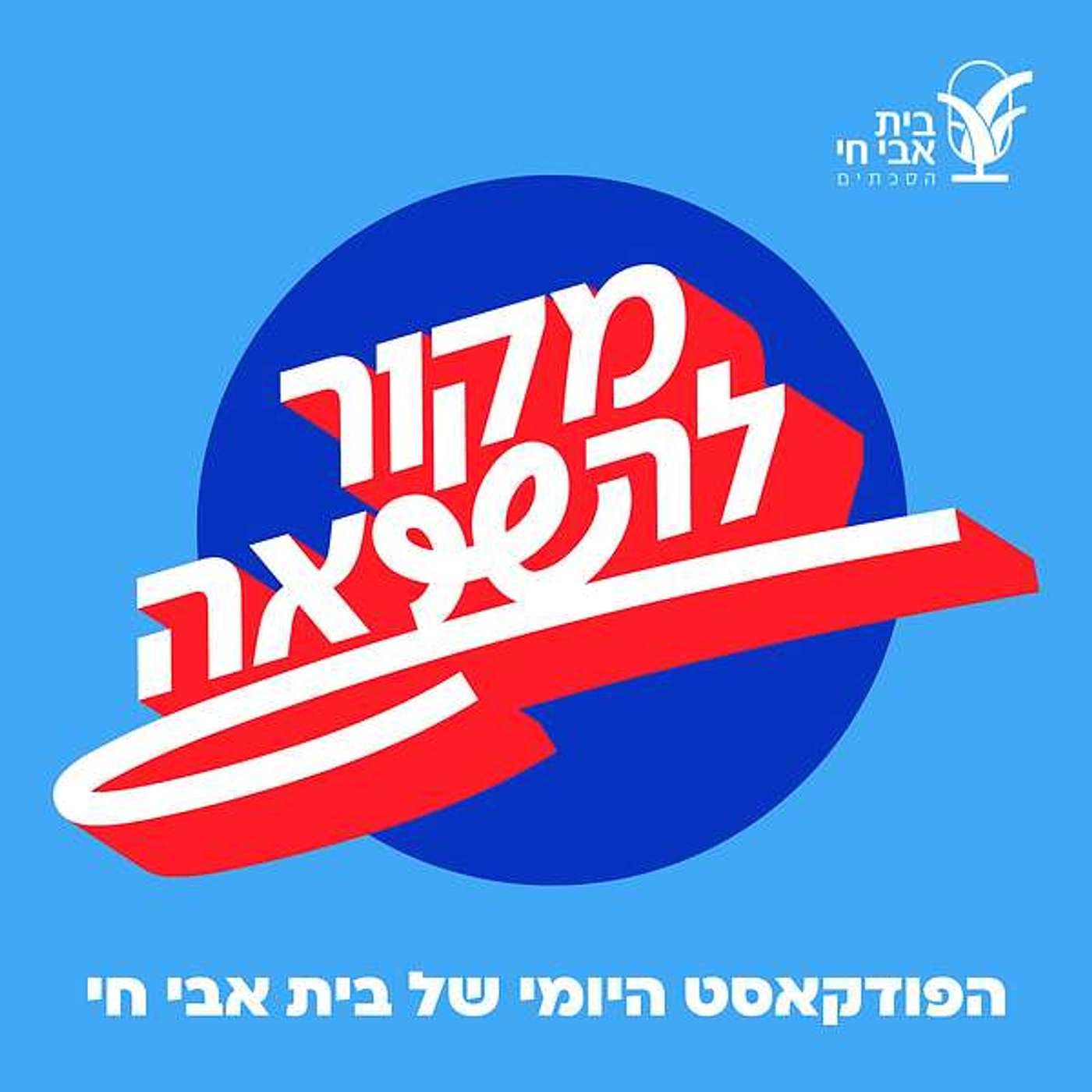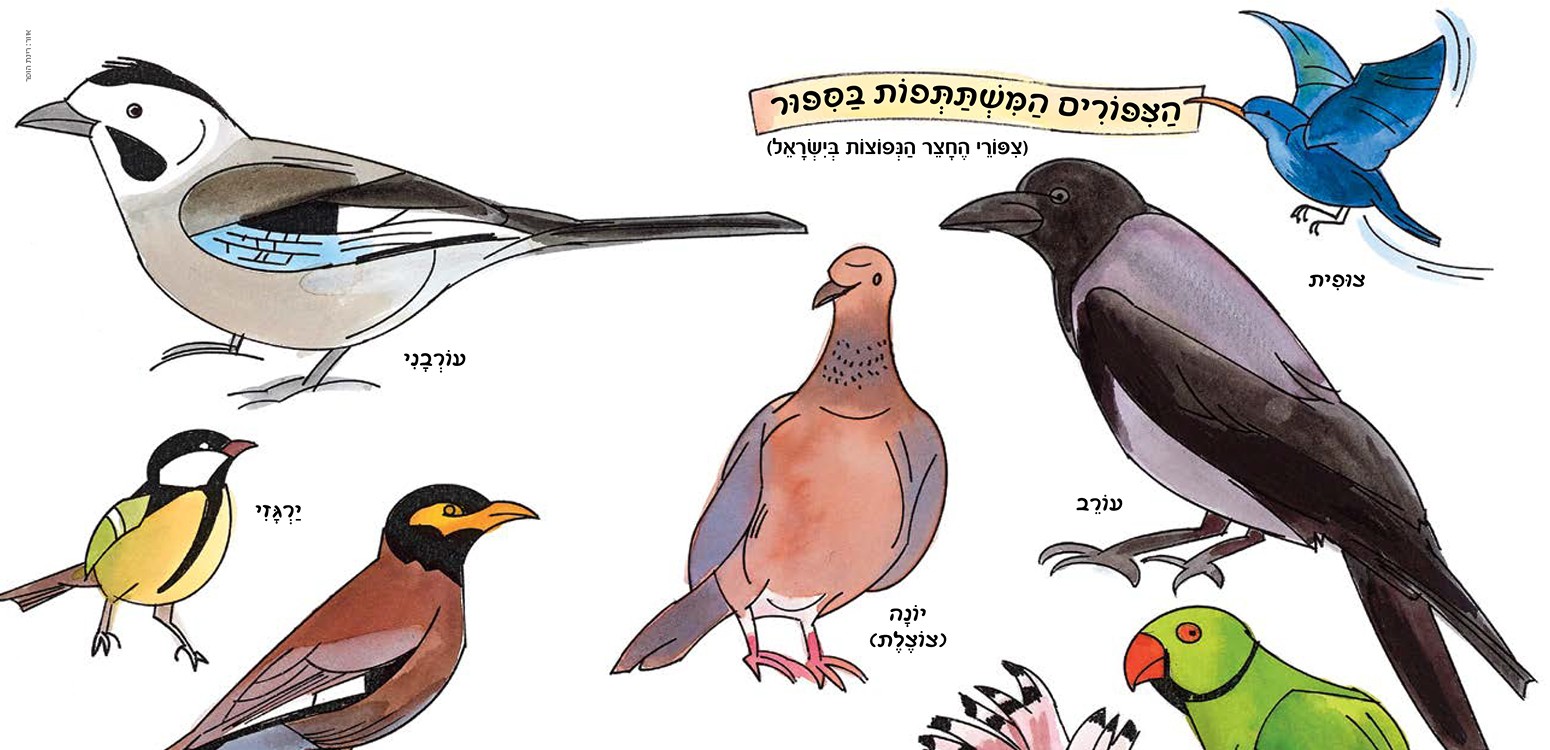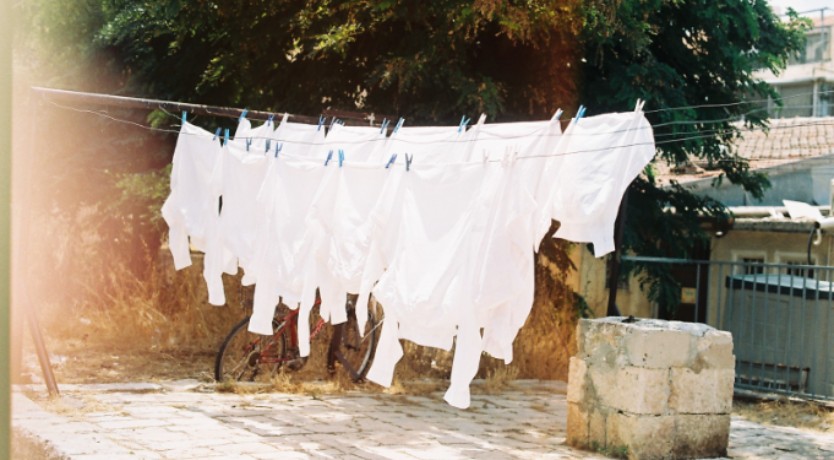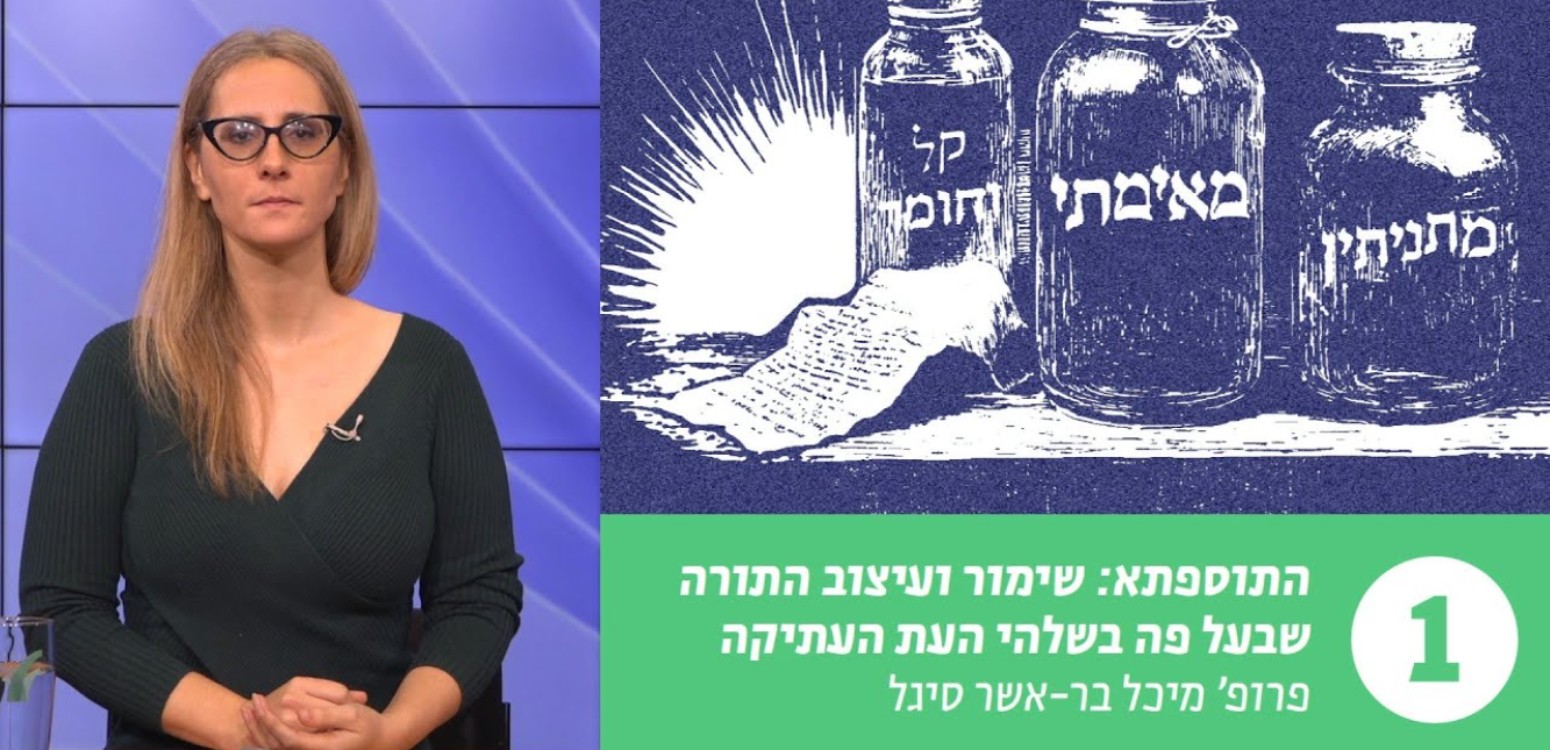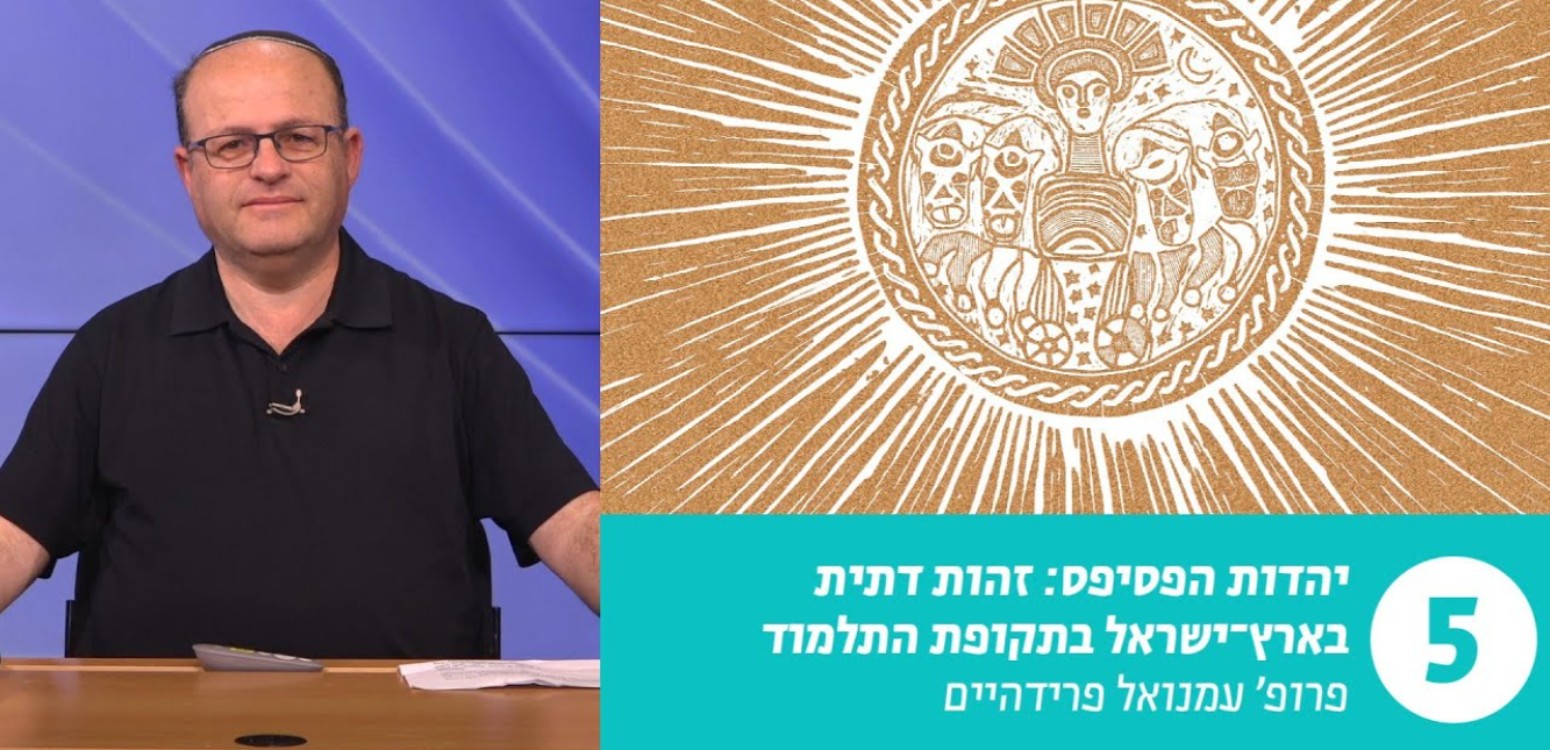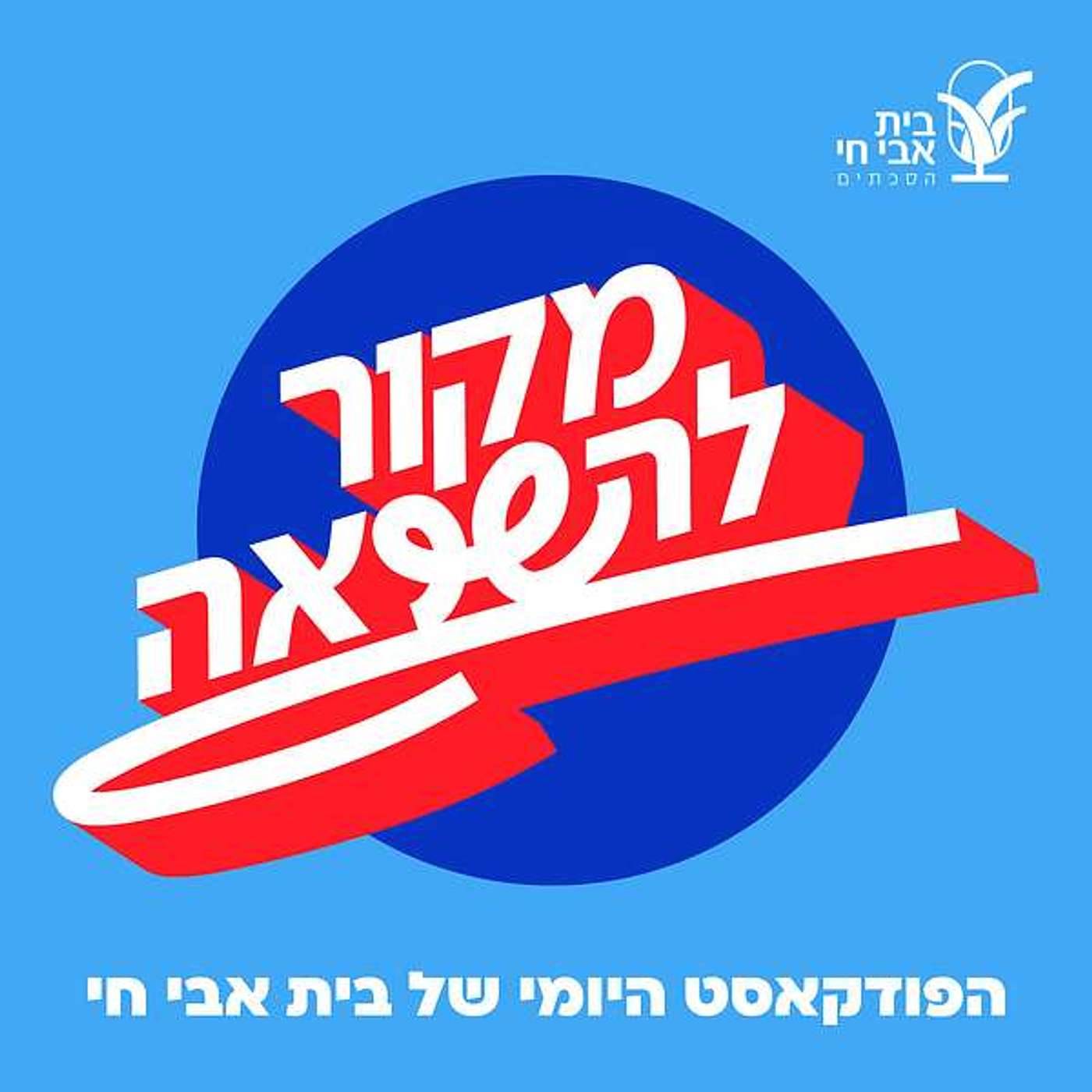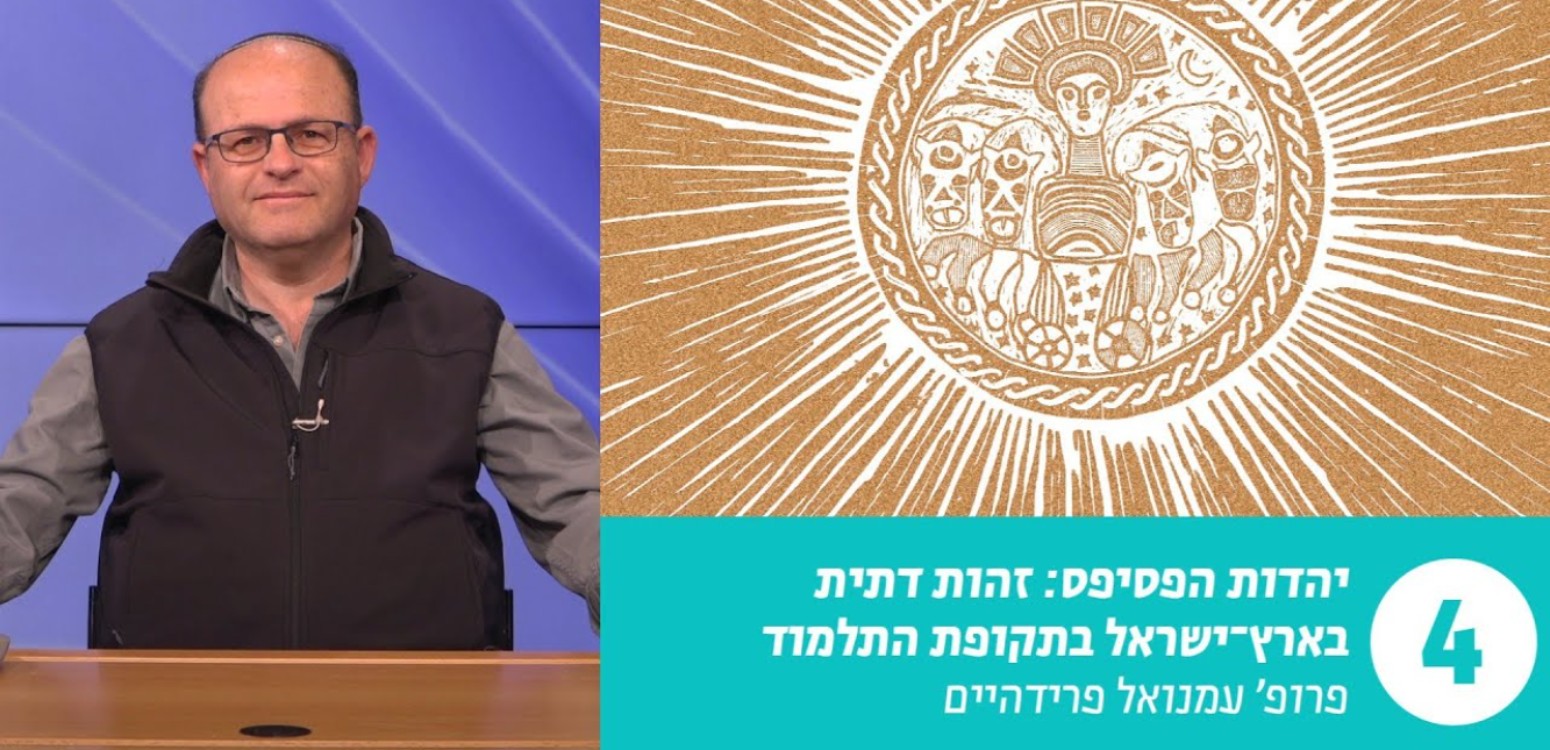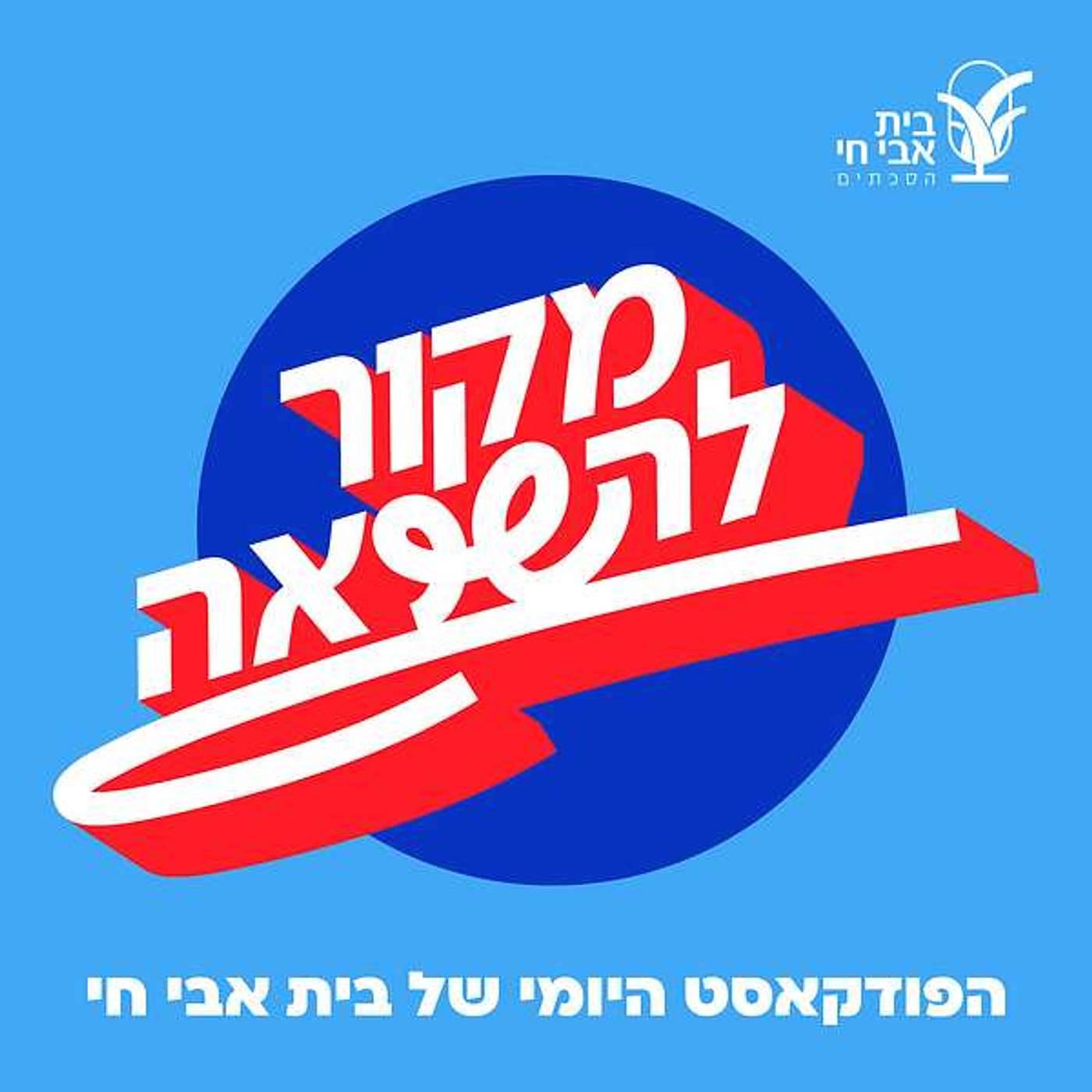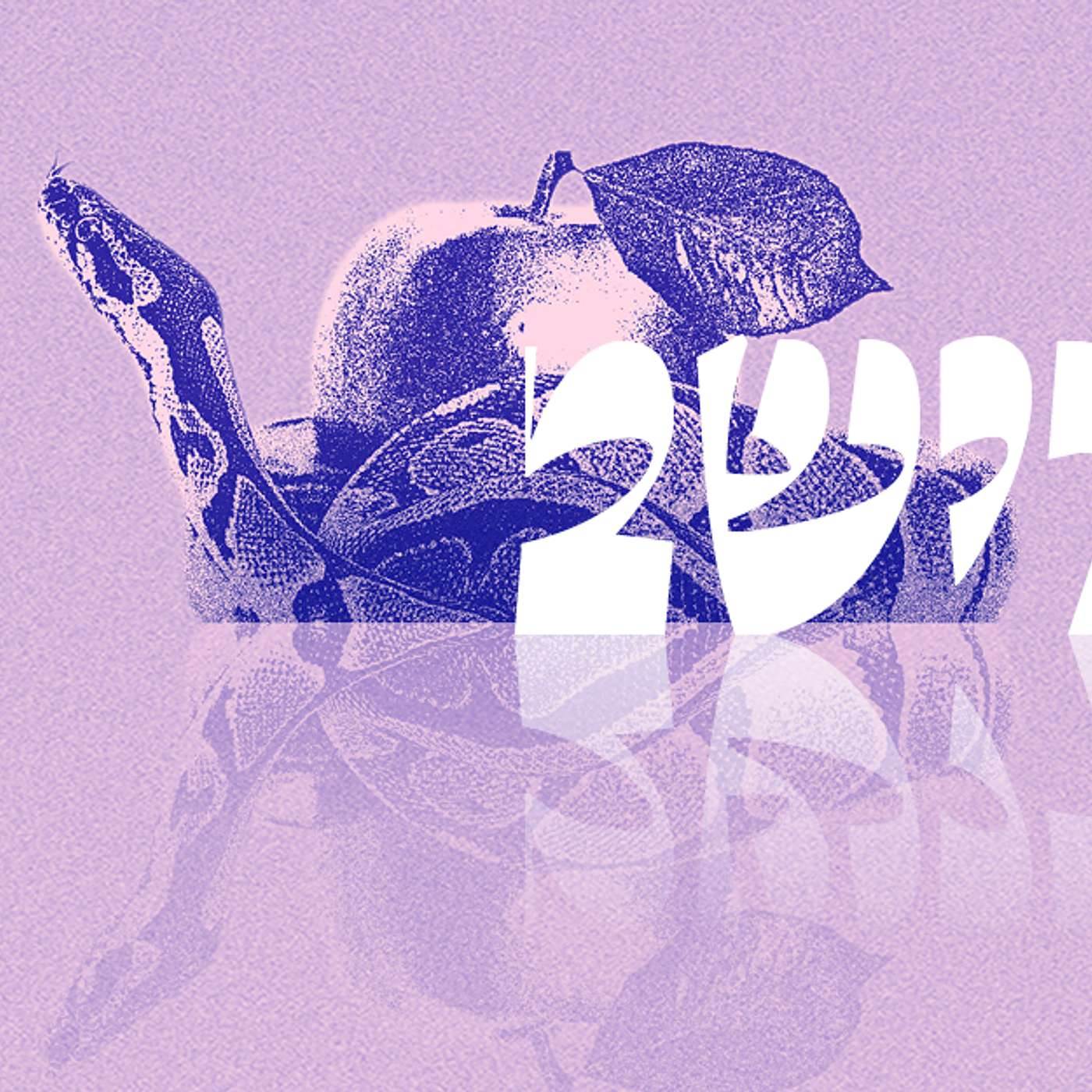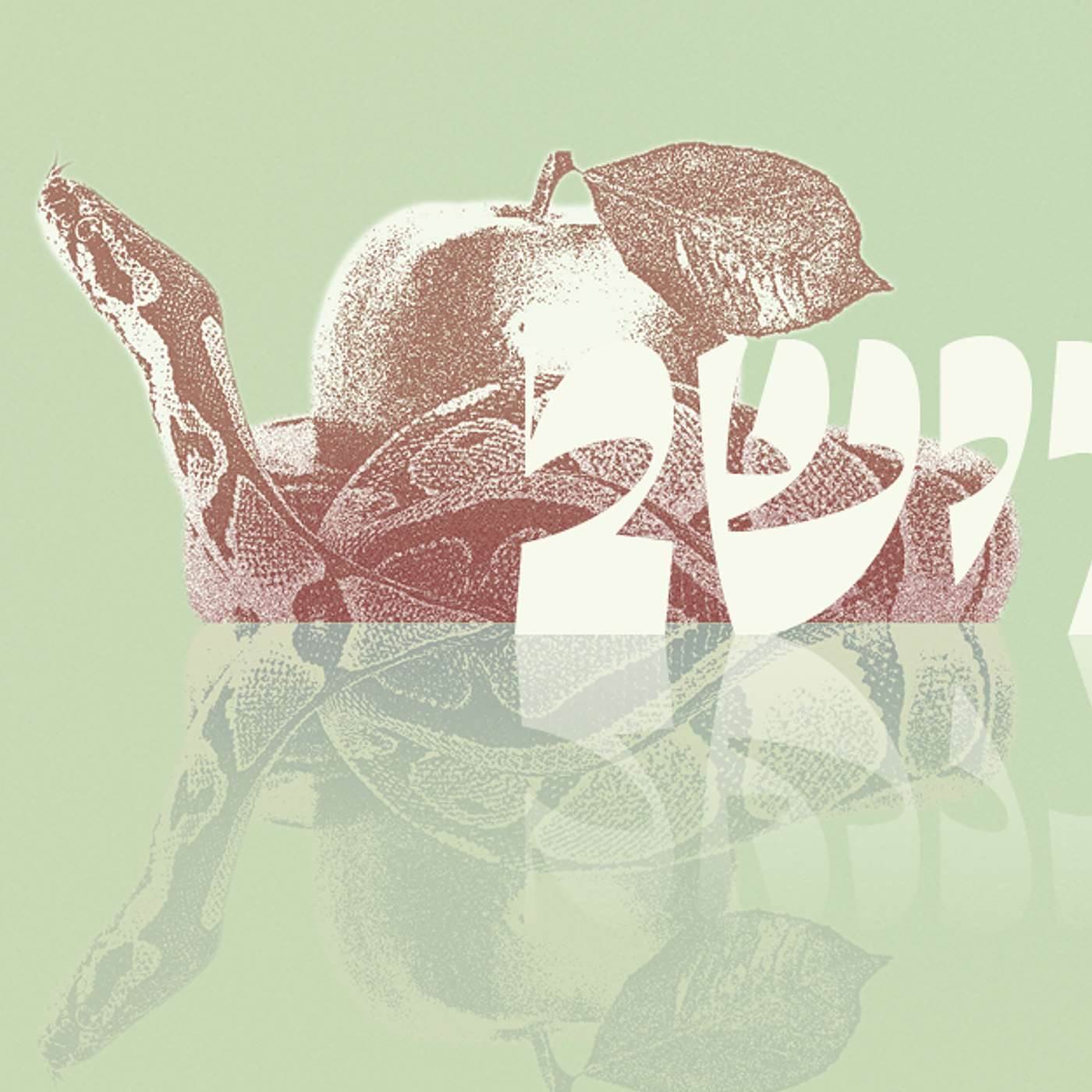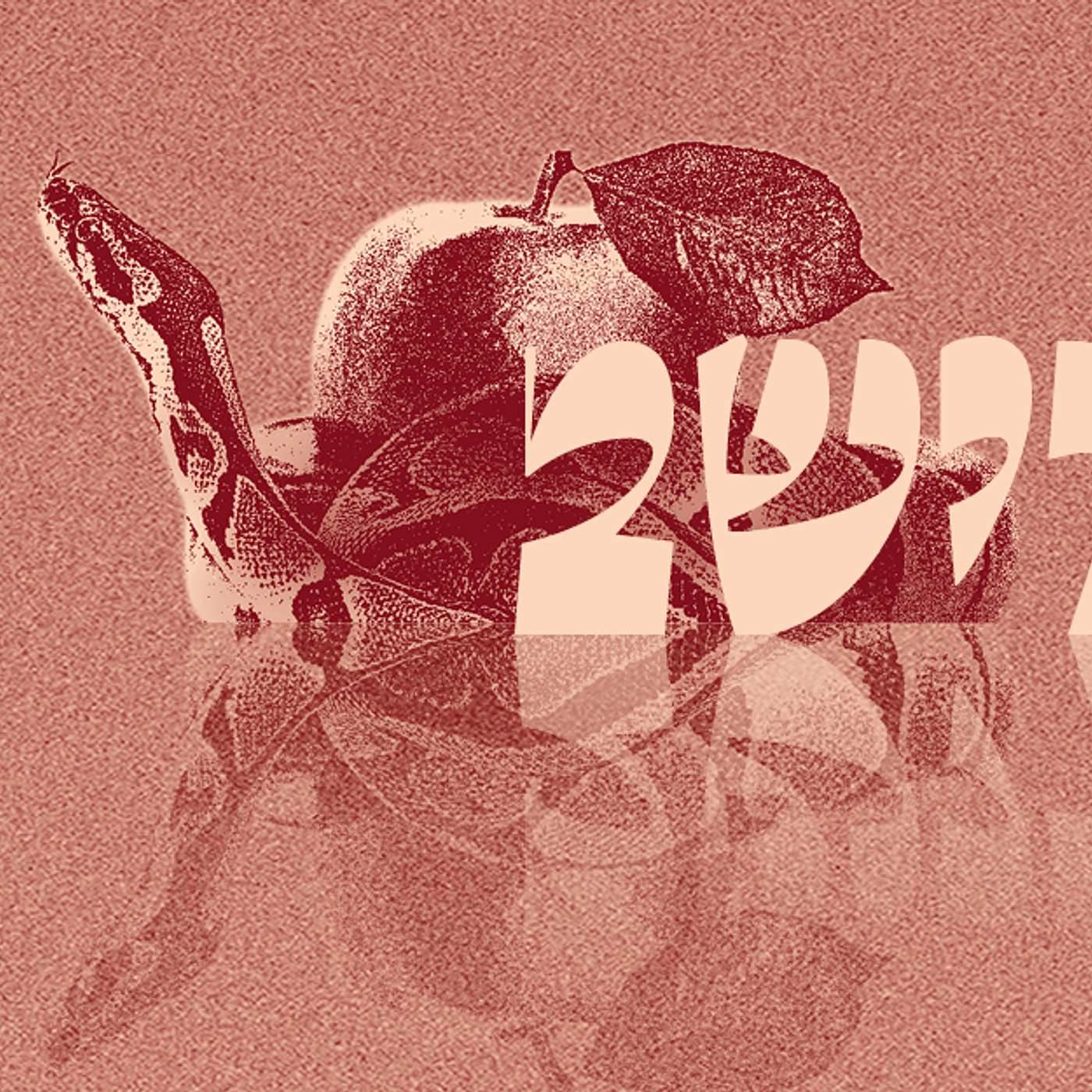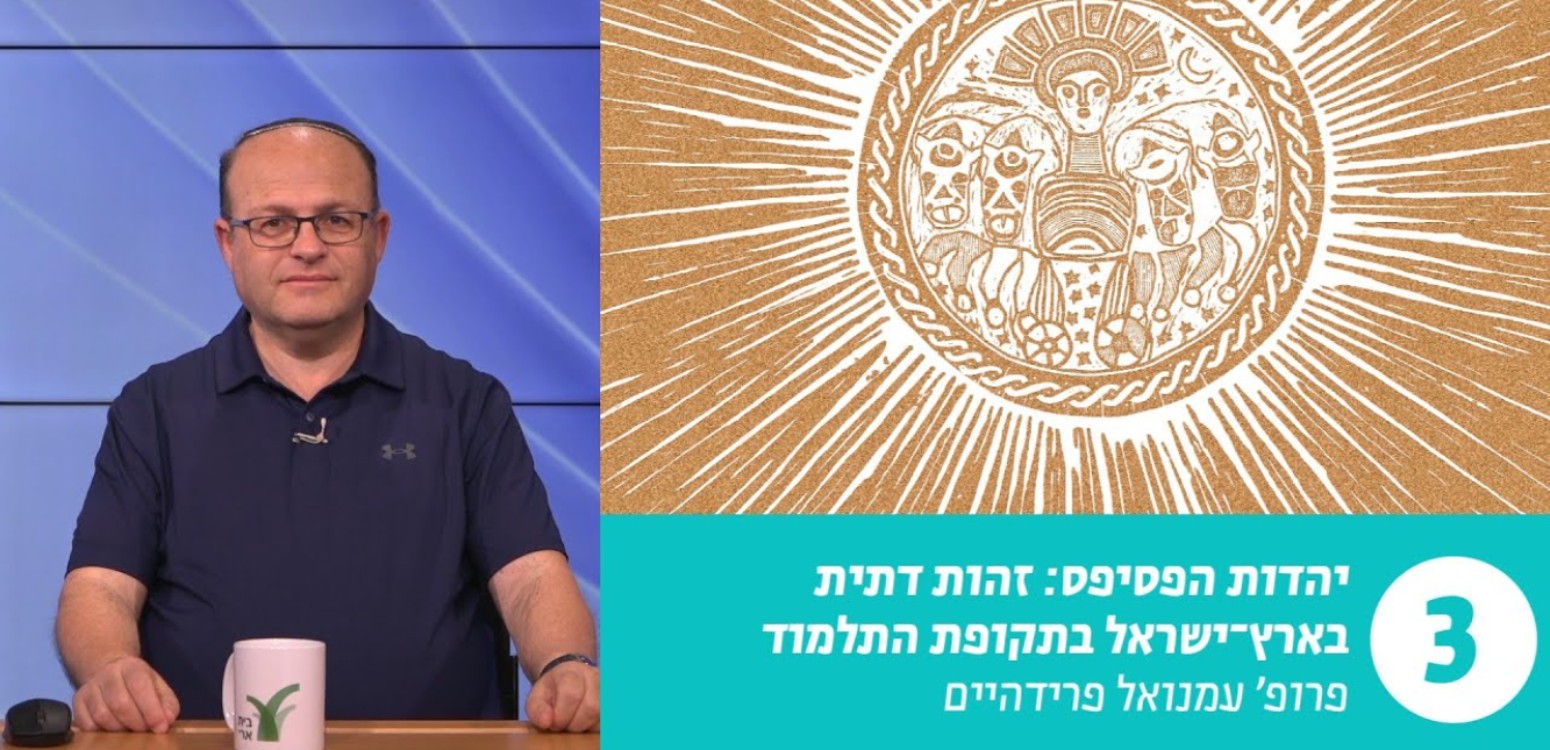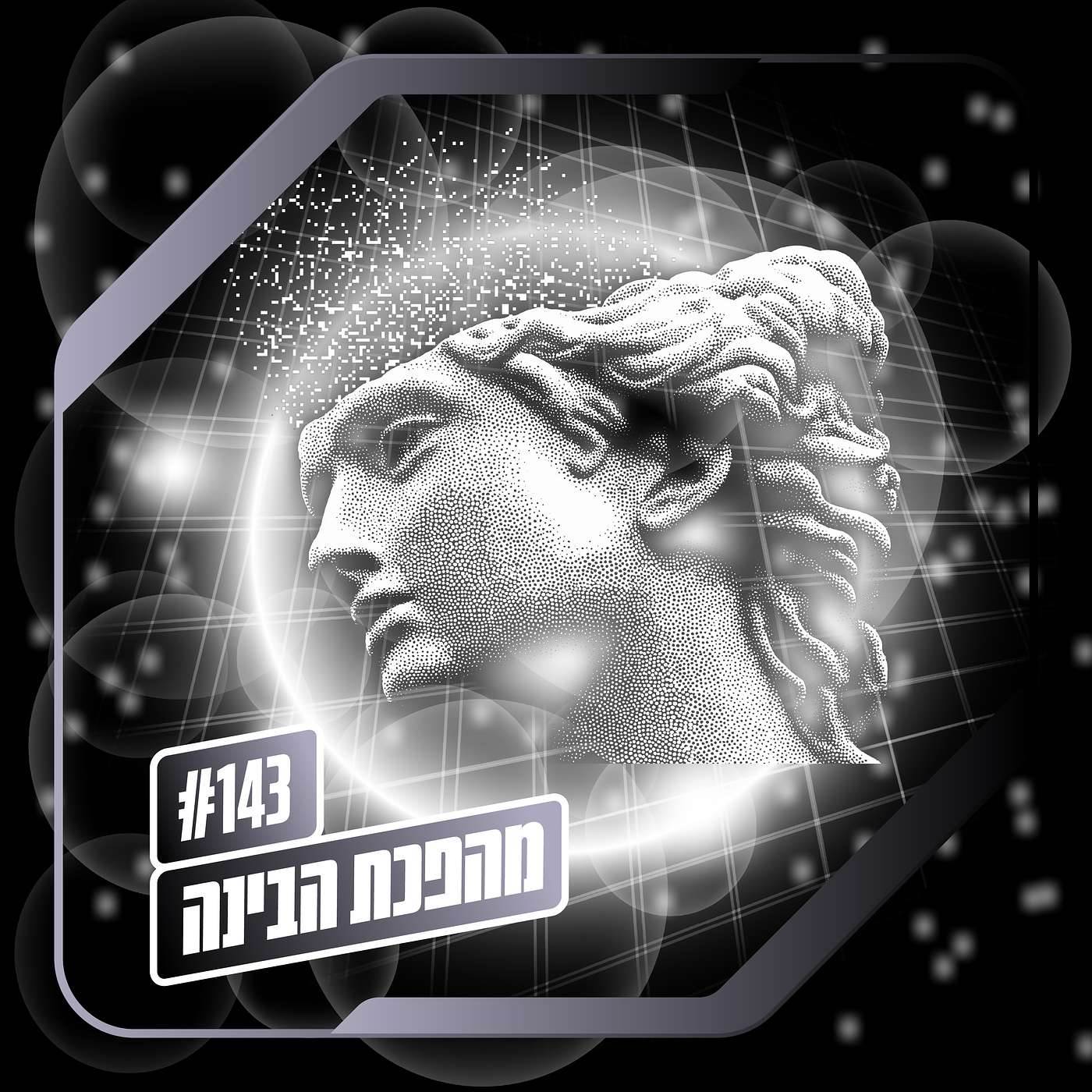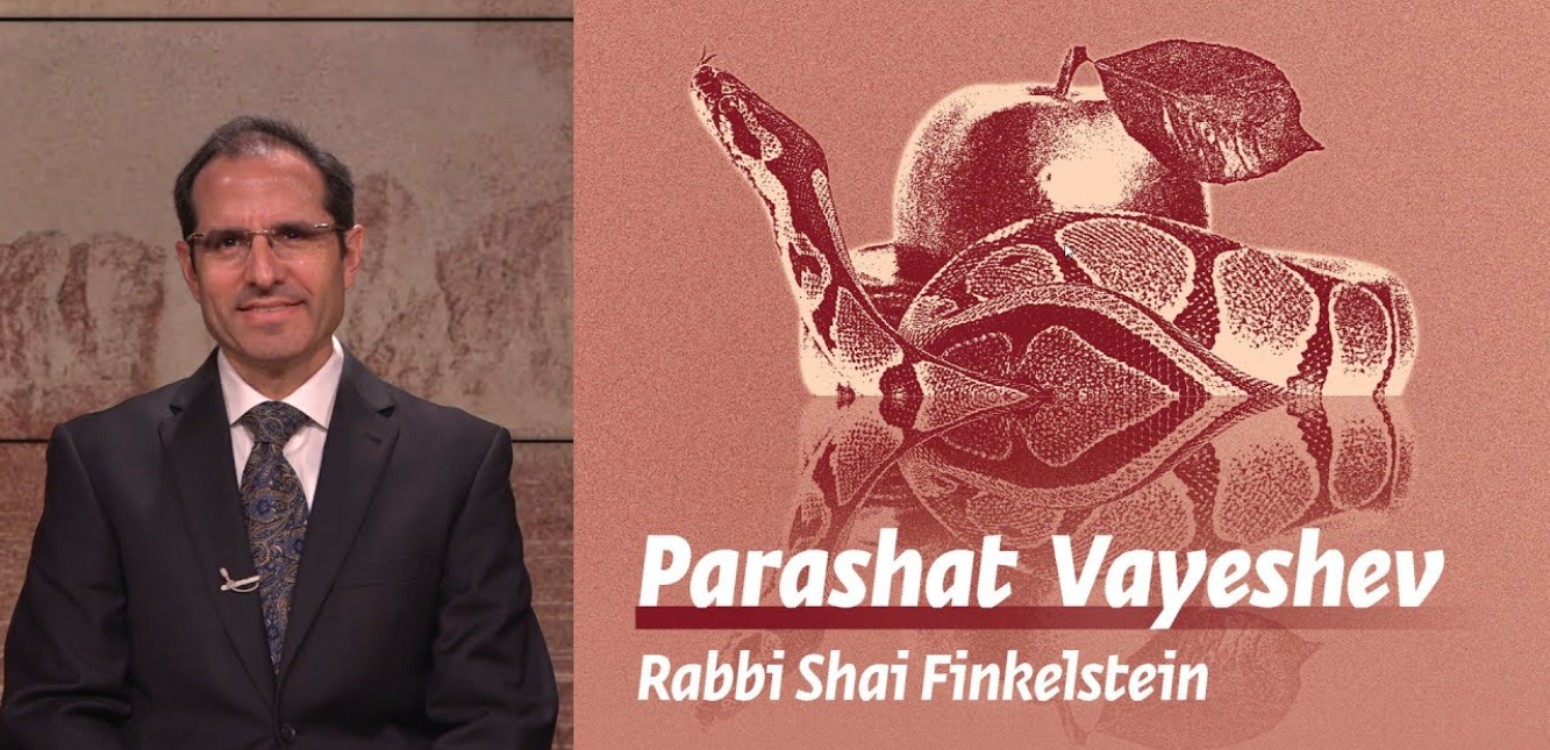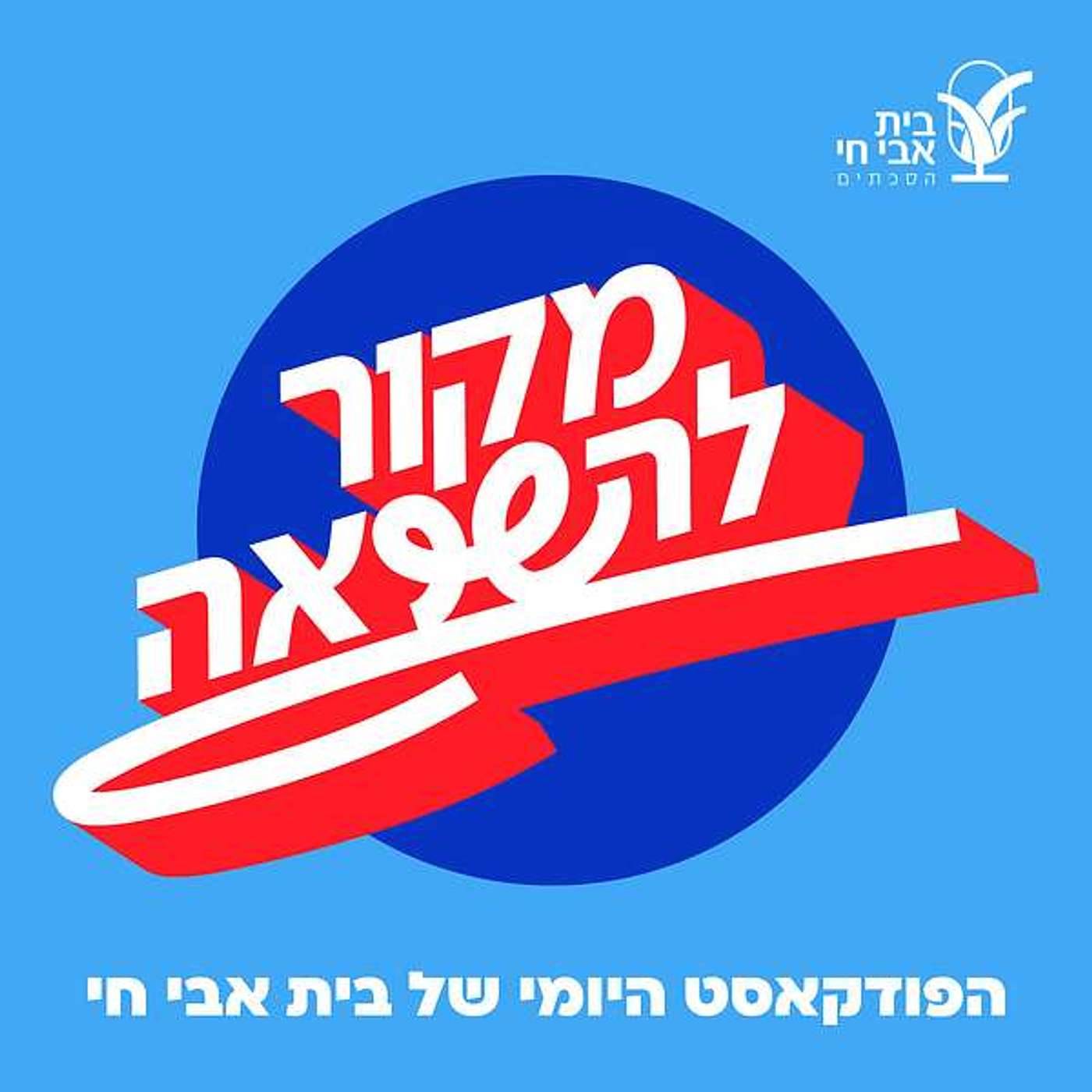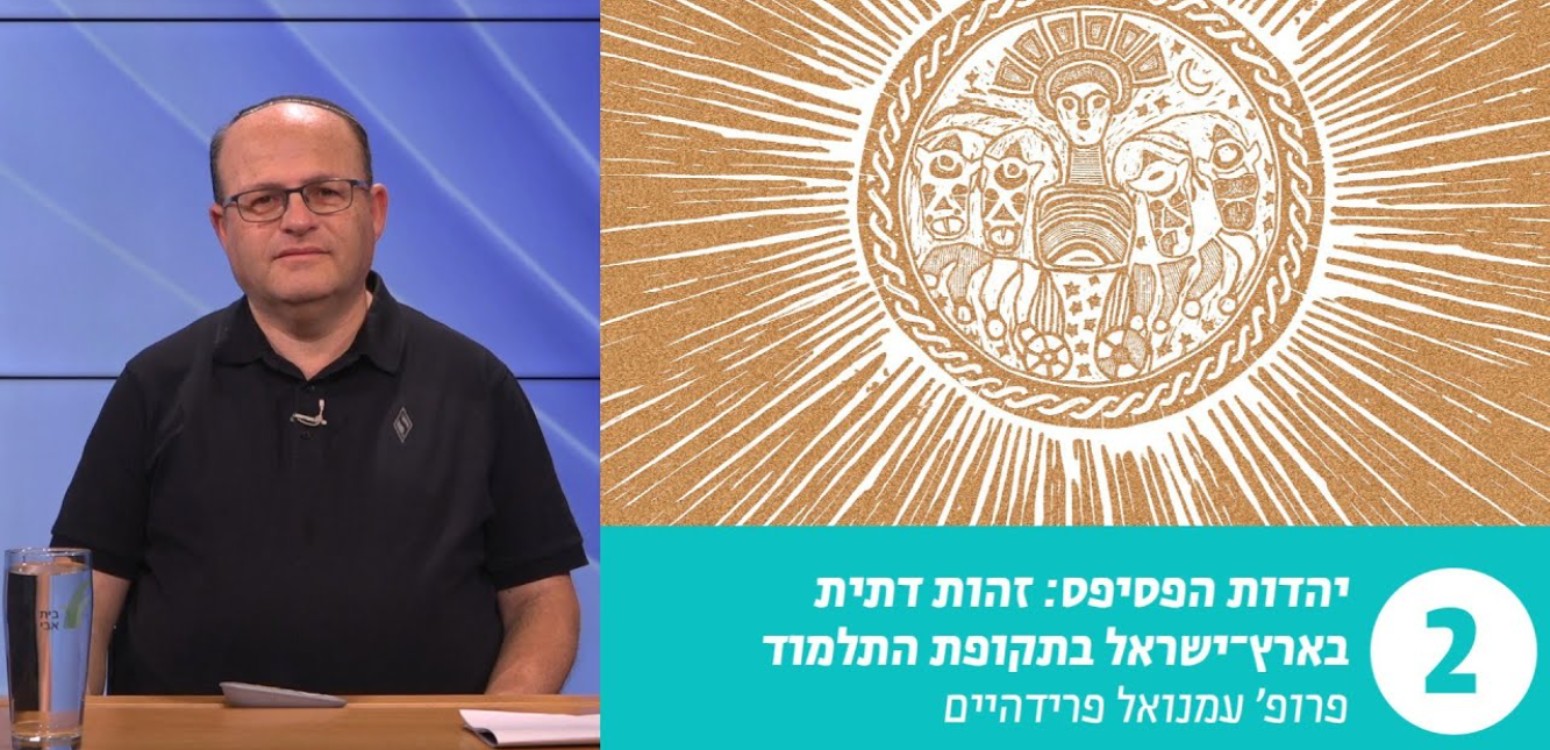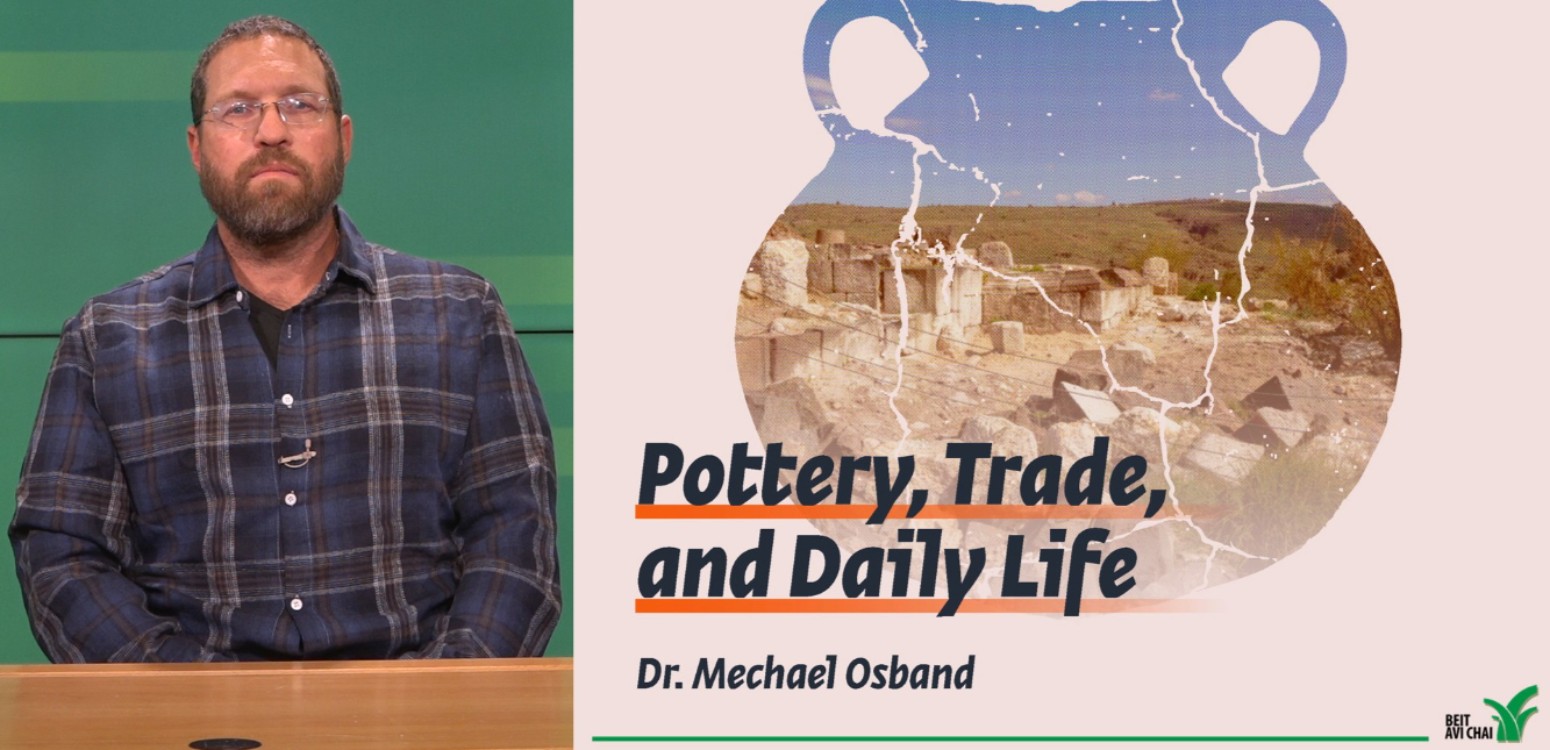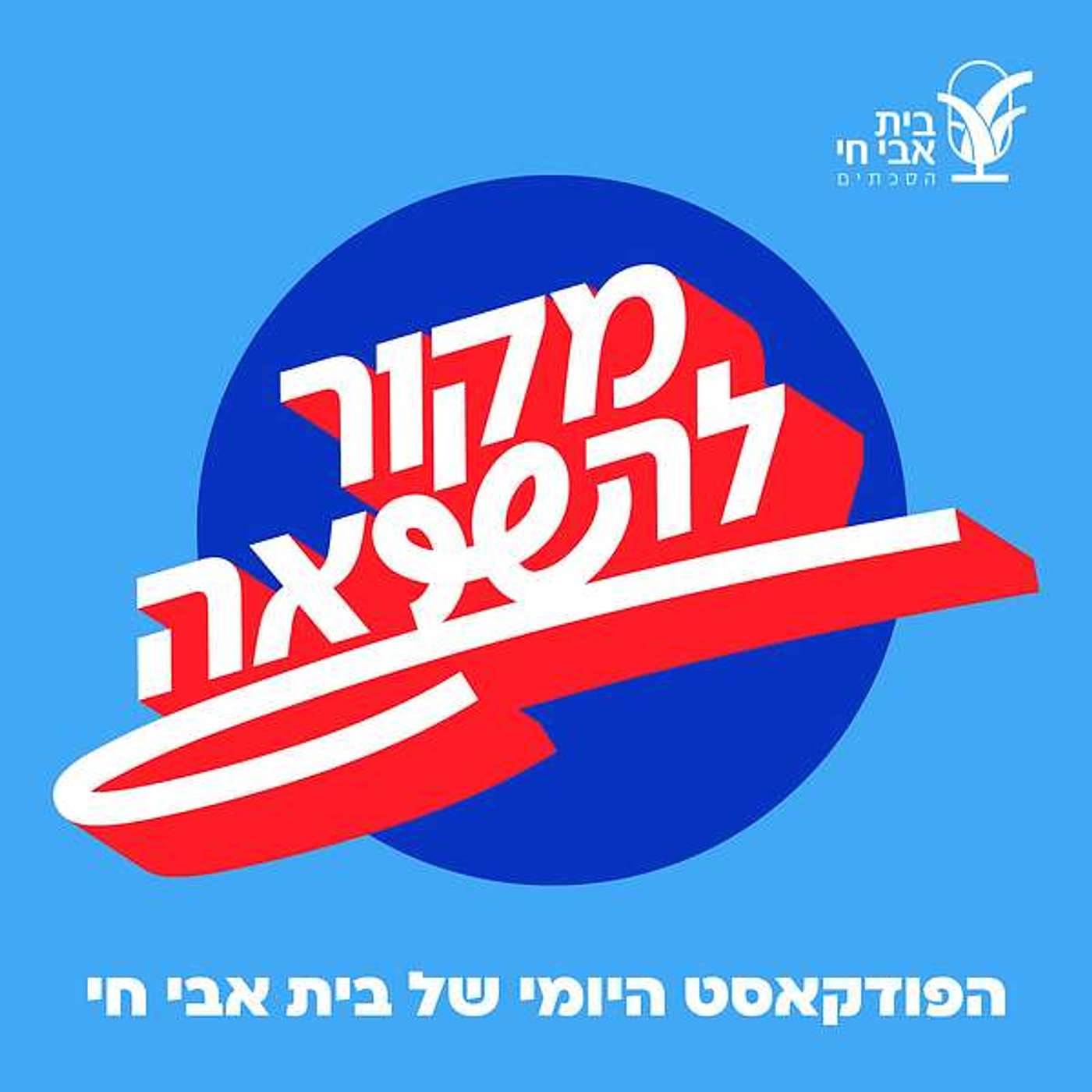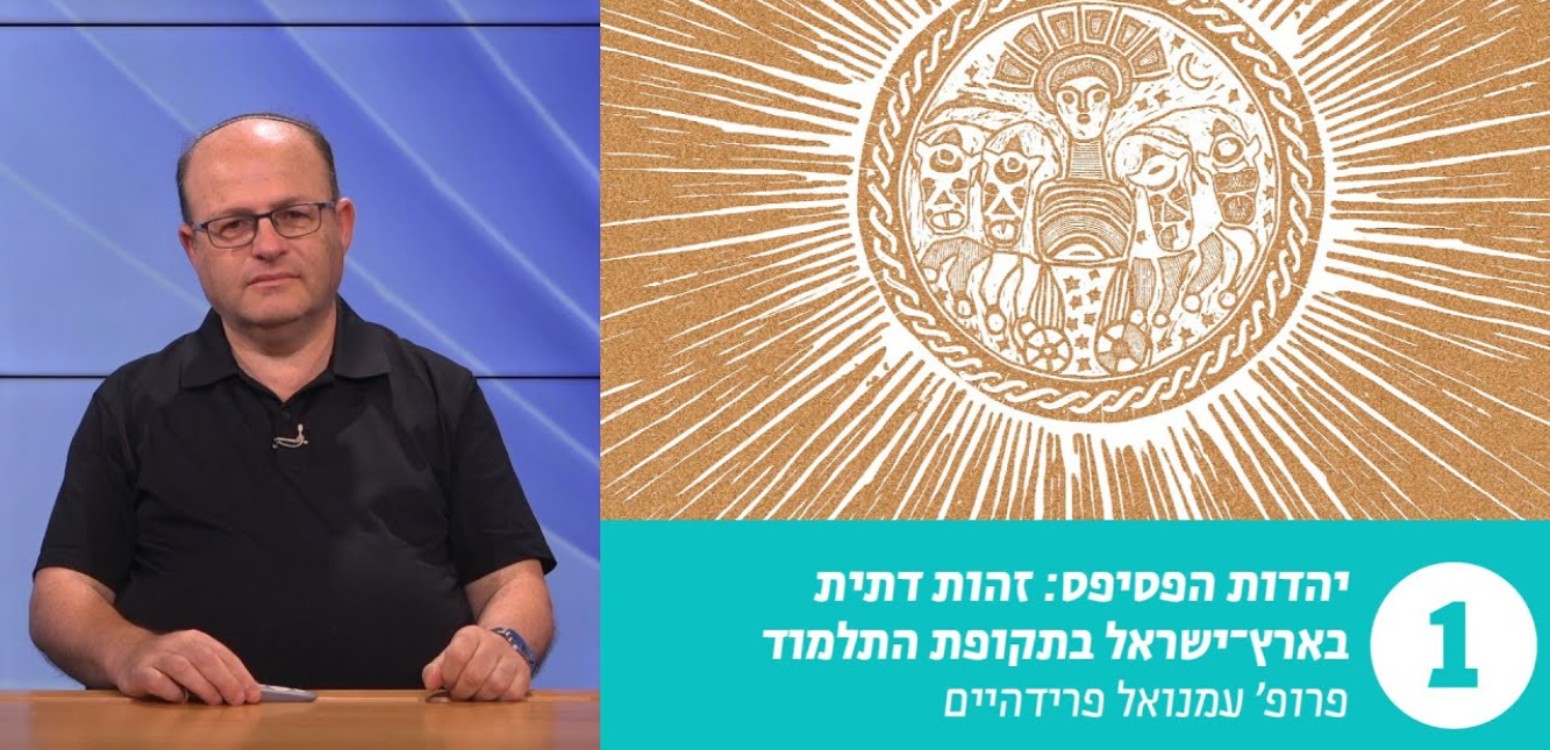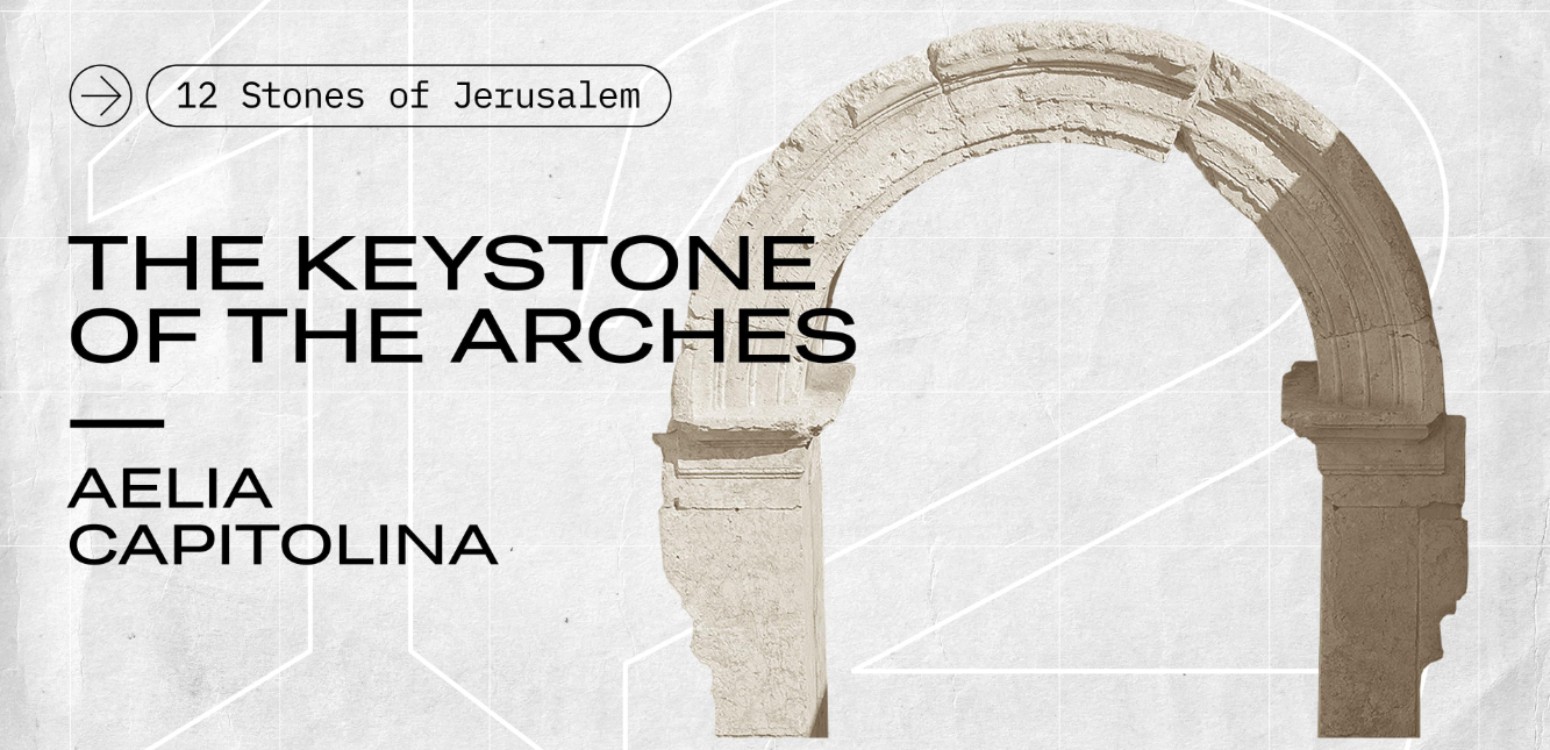
For years, Tironyent Takala dreamed of making aliyah from Ethiopia. Less a year after she had fulfilled her dream, she was murdered in a terror attack. This is a clip in her memory.
In memory of Tironyent Takala who was murdered in a terror attack in the Central Bus Station in Beer Sheva (2004)
Tironyent and her family always dreamed of making aliyah to Jerusalem, but when the family finally managed to do so Tironyent was forced to stay behind in Ethiopia. Only after a long and drawn-out struggle did she receive the exciting news that she could come to Israel and join her family. The family was torn apart again when Tironyent was murdered in a terror attack, less than a year after her aliyah.
Tironyent was born in 1971 in Ethiopia to Dalmalau and Mulo Gubza. She eventually married Taphiya Takala and they had four children – Gashu, Avif, Dagito and Ediso who happily joined their sister Tarik.
In May 2003, the family made aliyah to Israel and a month after arriving their daughter Rachel was born. They lived in the Nurit Absorption Center in Beer Sheva and intended to move into their own apartment.
Tironyent was a diligent and pleasant person, who arrived in Israel with hope in her heart and an intense desire to build a new life in Israel. But in one moment, all of the family’s hopes and dreams were lost, in a brutal terror attack.
On the morning of Tuesday, the 14th of Elul 5764 (August 31, 2004), Tironyent left for the Municipal Market. On her way back, at around 15:00, two suicide bombers blew themselves up one after the other on two buses, the 6 and the 12, in the Beer Sheva Central Bus Station. About 100 were injured in the two blasts. Sixteen people died, including Tironyent. Tironyent was buried in the cemetery in Beer Sheva.
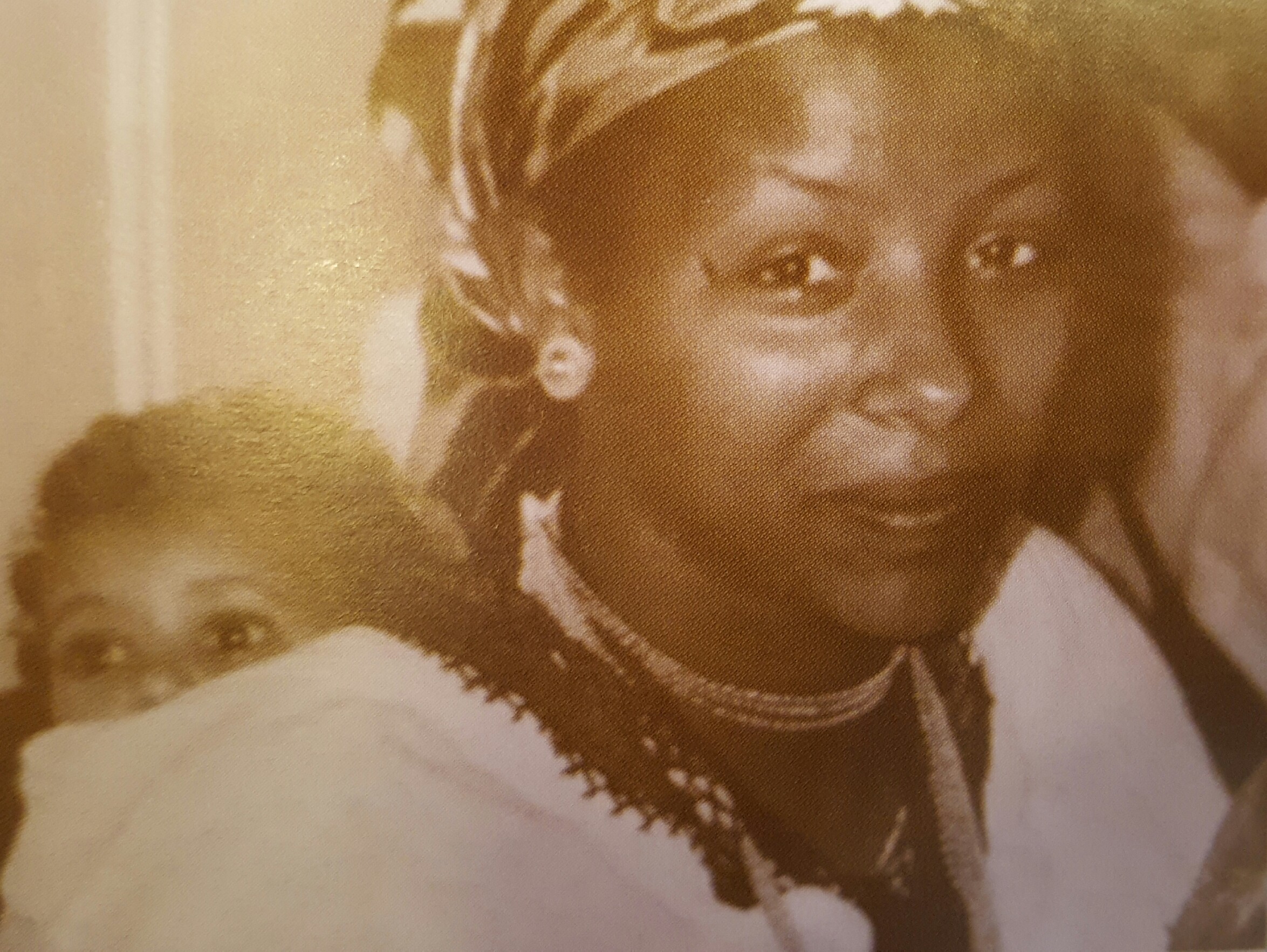 Tironyent Takala z'"l |
The gap between vision and reality
The creator Nadav Nachmani on the creative process: “In contrast to most memorial clips in the project, which are generally about soldiers, the clip I worked on was about an immigrant from Ethiopia who was killed in a terror attack. Moreover, it was also a very different clip with respect to content. It was also the only clip that was longer than eight minutes (the rest were between two and three minutes). Working on the clip was a particularly difficult challenge, since we did not have much information on the story. In addition, a lot of research was needed in order to try to understand the Ethiopian culture. The story of the Ethiopian aliyah very much speaks to the heart: the extraordinary difficulties that these people endured in order to come to Israel and to fulfil their vision. And the unimaginable gap between that vision and the reality they encountered here.
For many years, Tironyent’s family tried to bring her to Israel, and tragically she was killed in a terror attack after she make aliyah – a very difficult and painful story. The clip describes the connection between Tironyent and her mother who is trying to bring her to Israel and in parallel Tironyent appears as dreaming of coming to the Promised Land on the wings of a stork, which are nothing but the wings of her imagination. The name of the clip is Shimala, which means stork in Amharic. In the Ethiopian culture, the stork is a very strong symbol of yearning and longing for the Land of Israel.”
Produced with the support of Miphal Hapayis.
עוד בבית אבי חי

